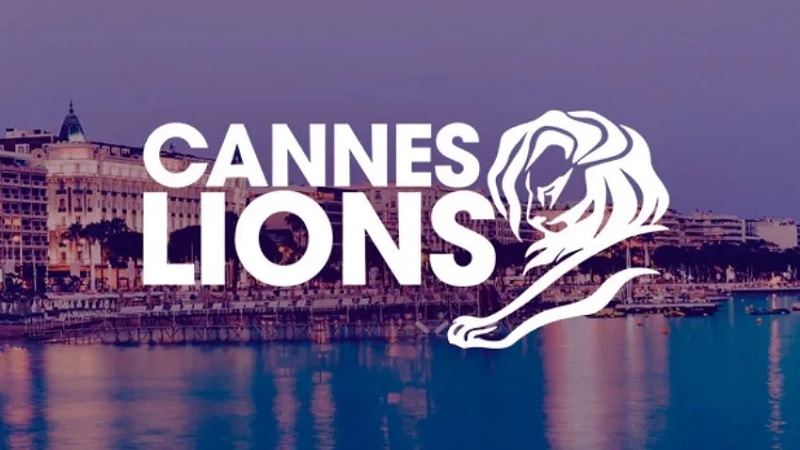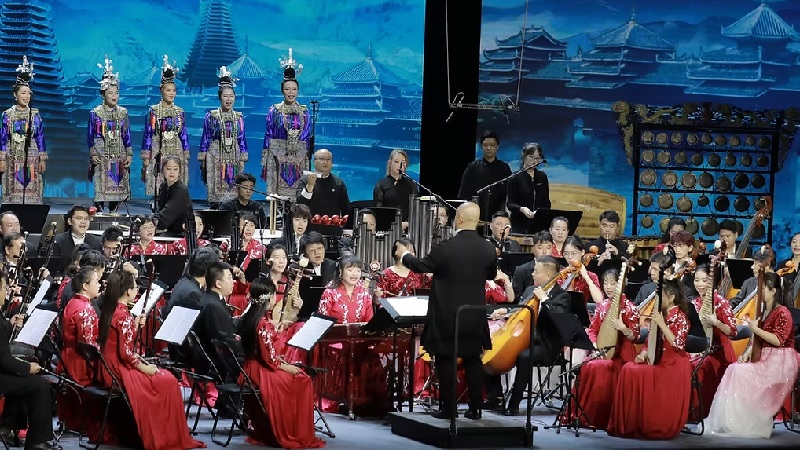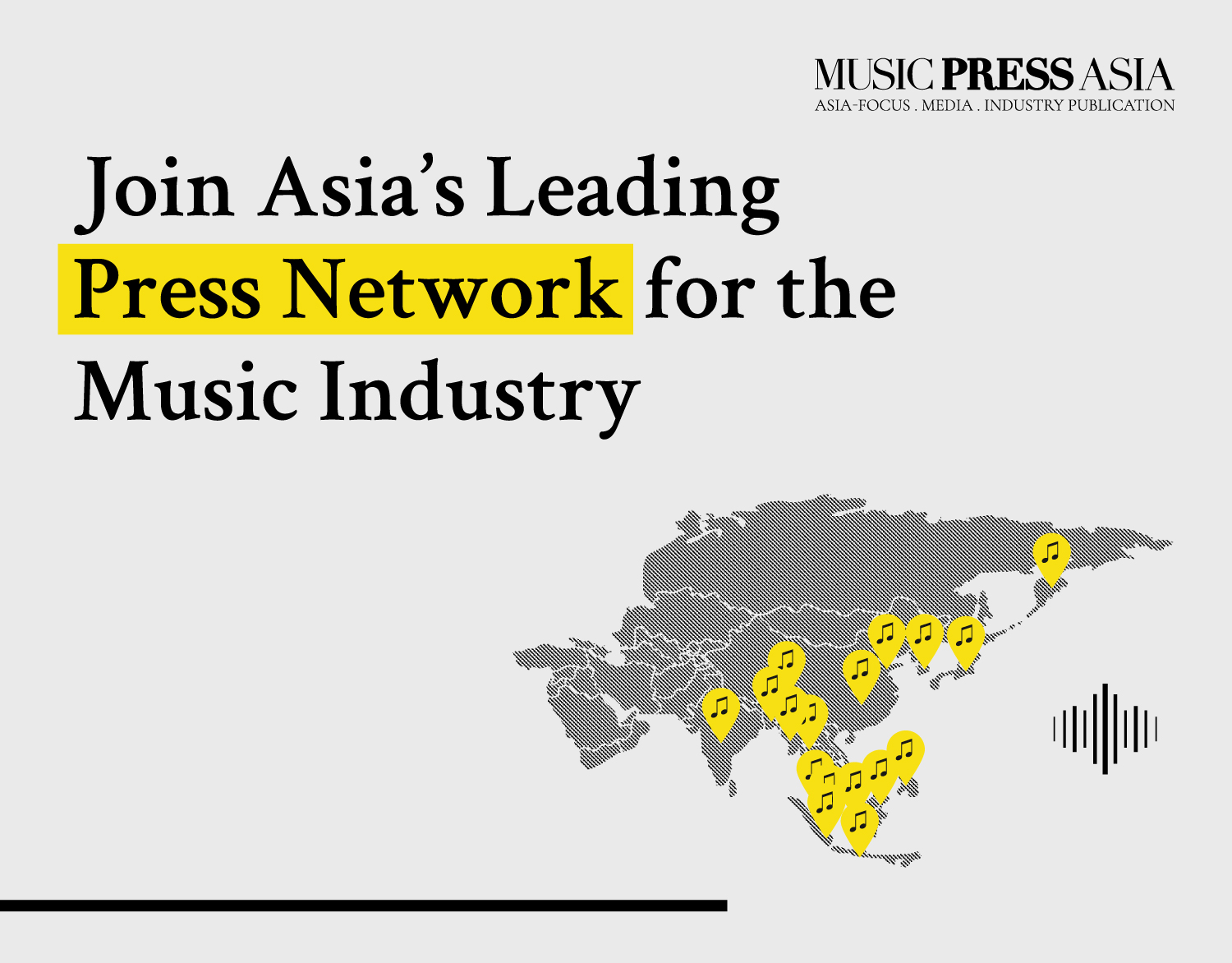Musical Consistency, Cultural Vibrancy, And Courage (Part 2)
In a world where over 35 million songs are available to you via a button in your pocket, ready for listening whenever and wherever, what are promoters in the music scene doing for you to fall in love with their event brands, and ultimately keep their audiences coming back for more?
In a world where over 35 million songs are available to you via a button in your pocket, ready for listening whenever and wherever, what are promoters in the music scene doing for you to fall in love with their event brands, and ultimately keep their audiences coming back for more?

Music Press Asia / Live / Opinion: "We believe in the music space in China," says Claire O'Shannessy. Photo credits: Leweilive.com / Splitworks United.
How do brands work with live music events?
Claire O’Shannessy is the GM of Splitworks United, a Shanghai-based music promoter, festival operator, and creative agency focused on music-based activations and strategy. Splitworks is also the organizer of the Concrete & Grass outdoor summer music festival for 5 years running.
Polar opposite to many music festival companies, Claire’s company works with brands to subsidize their passion-projects like Concrete & Grass. “We believe in the music space in China,” she tells us. “Each of the projects we work on have different commercial viability. We find the passion projects generally less commercial”.
Why is consistency important?
A longtime China music industry veteran, O’Shannessy echoes the thoughts heard from other about consistency of vision. “Absolutely you need to stay consistent. If you’re going to build loyalty in your fans, they need to understand who you are and what you represent. If you’re constantly changing, you have a bipolar brand personality”.
But sometimes, the realities of finances, investor demands, and practicalities of everyday life force a shift away from the dream and into a compromise.
What are the elements to consider when booking an artist?
As a music tour operator, Claire recounts, “We had to change the numbers of independent national tours we do every year because some are financially not viable. We learn a lot in some of those markets and understand those city’s music-based trends and PR trends, so they don’t make a lot of money but they certainly make up a huge part of our intel we used on other higher-paying projects.
But those can only be a certain percentage of our overall spend”. This is a very interesting premise. Potentially losing money on touring up-and-coming musicians to take the cultural temperature of a city. This relevance-o-meter helps you build your own clout and value as a cultural marketing agency that services brands.
Tasteful Musical Curation vs. Economic Realities
Looking southwards to Bali, Italian ex-attorney Francesco Baffa co-owns and operates both the Dragoon Yacht (a debaucherous floating house-music party on a huge yacht) and Opera nightclub in Seminyak.
“My first consideration is always related to the market and to its reaction. Even if I know clearly that [it is better] to put music style in first place, sometimes business [prevails], and sometimes choices that look crazy are the more effective and productive [from a business perspective]” he tells us.
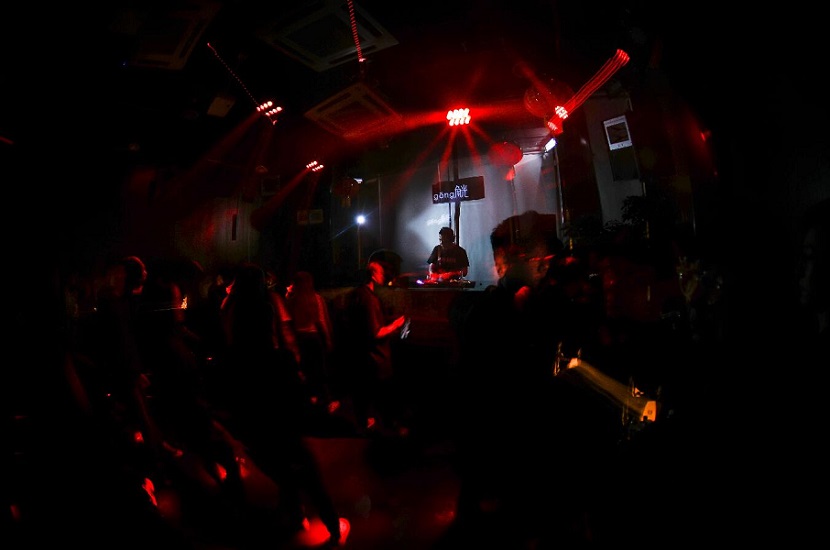
Beijing techno DJ and club promoter Juliana Lima says, “I like [musicians] that show their personality in their music. The kind of personality that makes us one”. This view is in some ways similar to that of Jason Swamy, who curates based on a credo of “who’s your audience, is it appropriate for the market, are you pushing boundaries to challenge yourself and educate the market and the audience. And finally – stay on budget!”
Hong Kong-based Swamy continues to tell us more about his own background. “My day job is my night job is my passion is my play time as well. I try to create magic through experiences and make people smile”. He’s been in music entertainment and experience design for 22 years, with notable creations like legendary Burning Man camp “Robot Heart” (running 12 years), Thailand eco-music-festival Wonderfruit (6 years), and mainland Chinese EDM company Fever in Shanghai (2 years).
But where Baffa and Swamy differ is on the notion of consistency in cultural programming. Says Swamy, “When you shift your programming constantly, it means you don’t know what you are doing, you don’t have a defined vision nor confidence.
“When that happens, how do you expect your audience to [have confidence in you]? It boils down to passion and knowledge, if you do something that is authentic and your passion shines through then someone will love it. That being said, we must always optimize and pivot to fine tune, and over the long term we must evolve as well”.
Bali entertainment czar Baffa has a more pragmatic and business-like outlook. “The world is changing fast, and markets together with it. It may happen that a venue starts with a direction, but during the journey some factors push it to take some brave decisions and change it. For sure consistency is the main point to make a business profitable. But it can’t be a limitation for the venue to follow news and new trends”. Speaking about his own venues, he continues, “We will never become EDM or commercial because it is not in our DNA, but for sure with Opera Club I try to explore many styles of music before I take a long term direction, especially because the venue is new”.
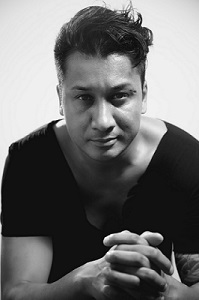
“[Underground is] something that is not chasing trends but defining trends, unaffected by external temptations that would dilute or contaminate its purity. Staying true, now one can be commercialized and still be underground. It’s authenticity and integrity”.
— Jason Swamy, Managing Partner of Wonderfruit.
What Is “Underground” Musical Programming In 2019 Asia?
German-born Shenzhen-based Tomasz Guiddo runs Vinylhouse (2 record stores-slash-cocktail bars in Shenzhen and Xi’an) and Lavo Jazz Bar (in Shenzhen). He’s a bit of a renaissance man as he shifts effortlessly between DJ’ing, music production, music consultancy, curating playlists, remixing, sound designing for movies, marketing consulting, event production, radio hosting, playing live instruments in bands… the guy doesn’t quit.
He quips, “Someone has to do it. I also do it for my own sake, to have a place I’d like to go to hang out at and listen to the music I like. A record store is also always a great hub for interesting people, other DJs and artists”. Guiddo has his opinions on what ‘underground’ music is.
“Real underground isn’t aware of it being underground, once you name it it becomes pretentious. Underground is not a genre. Underground is what happens without tags and spotlights, not necessarily as opposition to the mainstream. It’s an often misused and a very pretentious term”.
Chinese underground club owner Xiaoyu “Rhandy” Yu runs his own Funktion One-equipped Club Gōng觥 in his native Qingdao, and the micro/wave electronic music events in Shanghai. What is ‘underground’ to him? “Independent. Non-market driven”, he explains. “China is definitely ready for non-commercial music. It’s been developing for a while but should also consider the approaches of delivery. That’s very important. China has its own market and its very different from Western countries”.
Tomasz Guiddo agrees: “There is plenty of great non-commercial music already [in China]. You just can’t look at it expecting a copy of the underground electronic music scene you know from Europe and USA”.
Wonderfruit’s Jason Swamy adds, “[Underground is] something that is not chasing trends but defining trends, unaffected by external temptations that would dilute or contaminate its purity. Staying true, now one can be commercialized and still be underground. It’s authenticity and integrity”.
But back to this idea of cultural vibrancy, consistency, the Shanghai nightclub that had more bi-polar personality changes than Donald Trump. Rhandy notes that “the intention of the shifting needs to be considered. If it’s just because the genre of music is not making profits that’s not true for me”.
But yet we see it time and time again throughout Asian markets. Can the few consistent and committed music promoters throughout the region, like Rhandy, gain fame and respect by sticking to their guns? Could this lead to commercial success as well? And if properly wielded, will Asia’s musical model evolve in any way like those in the West?
Summing this thought up nicely, Tomasz Guiddo reflects, “I always believed that consistency is key, but it all depends on the business model and your goals. Or if it’s business at all. If you want to survive longer than one season and create a strong brand with good reputation you need to create an identity.”
“If you want your venue to be seen as a place where every genre is welcome, you need to do it smart, plan the program carefully, not trying things you’re not sure of and not making changes in panic. Shuffling between underground and commercial extremes usually doesn’t work so well.”
“You should have a clear vision of what quality you want to deliver. If your venue aims [towards] commercial entertainment, fine, there is nothing wrong with it. But if you want to run an underground spot, then even one commercial event may affect your venue’s reputation and leave a mark forever.”
READ MORE: [Part 1] Musical Consistency, Cultural Vibrancy And Courage
.
.
About The Contributor

Eric Reithler-Barros has 19 years of international branding and business development experience, and holds an MBA from Thunderbird. His experience ranges from SFX Entertainment/Livestyle, Level3 Communications, Verizon, A2LiVE/STORM Festival, LimeWire and many others. He is also a professional electronic music DJ and producer for 28 years, has released over 100 records, launched 4 house/techno labels, promoted hundreds of club events and festivals, and spoken at the biggest music industry conferences around the world. He currently heads Fold Artists in Shanghai.

